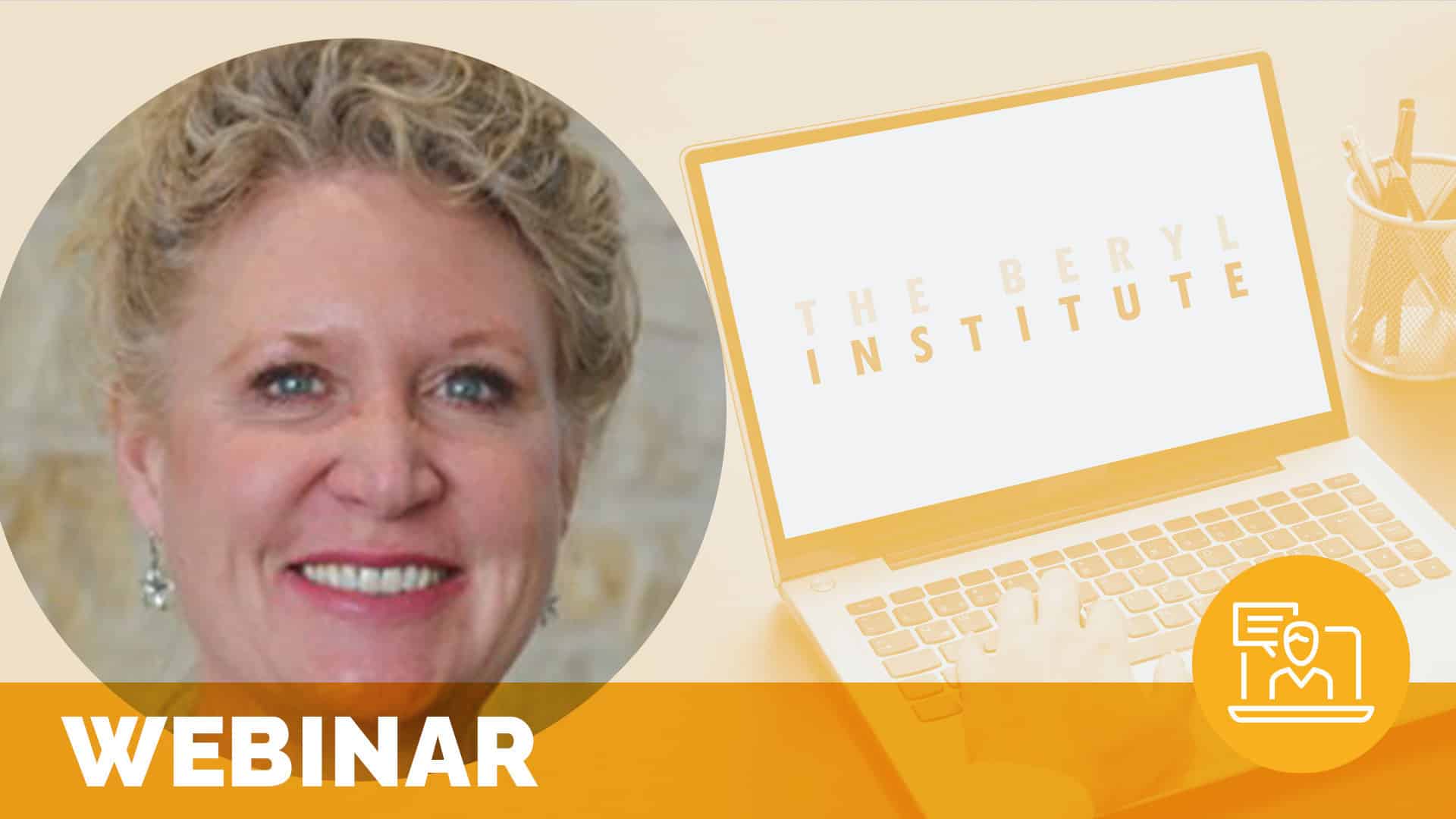Staying STEADY: A Model for Resiliency

Audrey Cortez MSN, RN, CPXP | Director of Patient Experience, Peterson Health
This webinar will feature solutions and tools to assist leaders, health care staff, and providers with staying sane enough to care. Leaders will hear about specific tools to better support staff as they navigate changes in healthcare organizations. The STEADY (Stories, Turn around thoughts, Empathize, Avoid judgement, Don’t take ANYTHING personally, and You, what you do matters) model will be described, discussing the specific tools of the model, as well as ways leaders can guide staff and providers in using the model to create less stress and find more personal fulfillment in their professional lives.
Related content
-
 Staff & Provider Engagement
Staff & Provider EngagementStaff and Provider Engagement: The Impact of Connecting with Patients and Families
By Corey Kimpson This is the fifth blog in a series of eight by The Beryl Institute’s Global Patient & Family Advisory Board (GPFAB). The intent of this series is to present our perspective on patients’ and families’ lived experience through each of the strategic lenses of The Beryl Institute’s Experience Framework. The Experience Framework
Learn more -
 Patient Family & Community Engagement | Staff & Provider Engagement
Patient Family & Community Engagement | Staff & Provider EngagementCo-Creating Change Using Storytelling
During this webinar members of the Global Patient and Family Advisory Board (GPFAB) will demonstrate how telling stories instead of creating guidelines for healthcare professionals will improve patient outcomes. The GPFAB has created a unique storytelling guide that will help healthcare professionals understand the principles of sharing patient/care partner lived experience through storytelling and how
Learn more -
 Staff & Provider Engagement
Staff & Provider EngagementFostering a Growth Mindset in Healthcare: A Strengths-Based Approach to Improving Patient Experience
This learning bite explores a pilot program that took a compassionate, strengths-based approach to improving provider communication and engagement. By focusing on relationship-centered training—rather than remediation—the program led to significant improvements in patient experience and provider well-being, offering a scalable model for fostering a growth mindset in healthcare.
Learn more
